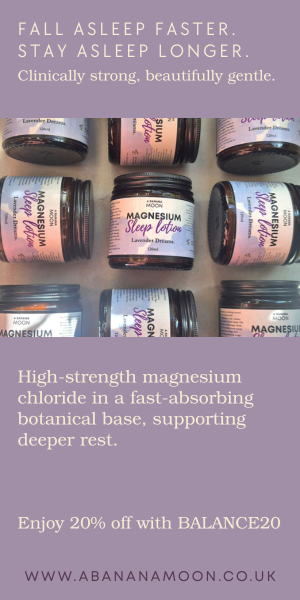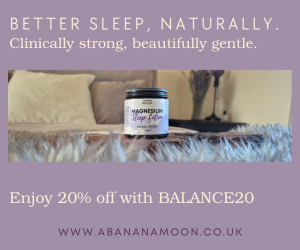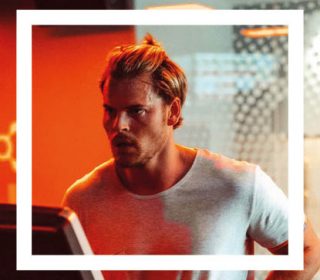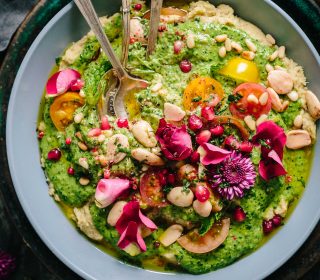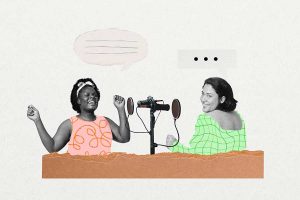The Future of Workplace Wellbeing with Founder of Tula, Kat Searson
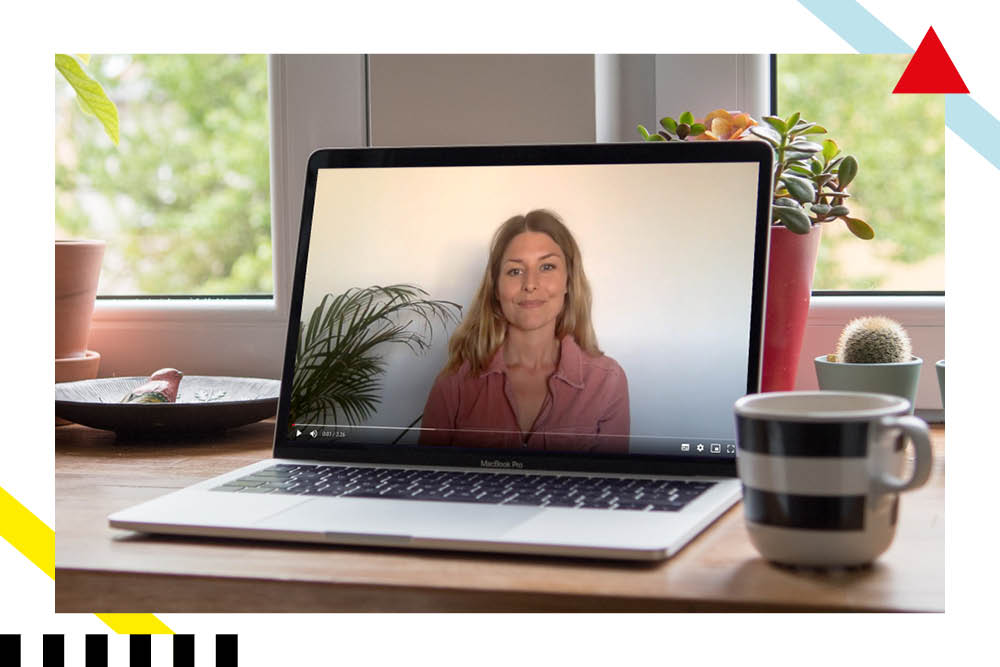
With Coronavirus restrictions beginning to ease across the UK, businesses and employees may be starting to consider what the future of work (and the workplace itself) might look like. Regular Balance contributor, Louise Boyd caught up with Kat Searson, Founder of Tula, to learn more about her company and her thoughts on the future of workplace wellbeing.
Tell me about Tula – what do you do and why?
We’re a consultancy & collective, with a holistic and pre-emptive approach to health and wellbeing. We exist to help people feel and function at their best, for the long term. Our primary work lies in the workplace; we support businesses to take a considered, sustainable approach to workplace wellbeing, tailored to the specific needs of their teams. Recognising that there is not a singular approach to wellbeing, we use a 5-pillar framework; solid foundations; physiology; identity; connection; create & express to cover a range of disciplines. Our signature workshops give people a chance to try different techniques and approaches, and work on real life scenarios, with practical application. We deliver these workshops both on and offline, alongside other virtual offerings that we’ve developed during lockdown.
Tula was born from a recognition that the approach to stress in the West is often reactive, and symptomatic; acting as a plaster on a wound, over addressing the cause. I spent close to a decade of my career in HR; as a consultant, a Human Resources Director at a start-up, and in people and engagement roles at Red Bull and innocent drinks. In that time, I came across people who were relentlessly pushing themselves, or being pushed, without consideration for the long-term impact on their health and wellbeing. It seemed to be the ‘modus operandi’ for people with ambition. This state would later impact their health in one way or another and grind them to a halt – forcing them to reassess their way forward. This pandemic and the recent events highlighting long standing social injustices are offering some pretty stark parallels on a collective level. This forced time to reset has raised questions about what is sustainable for humanity, on many levels, as well as through the lens of wellbeing.
Can you tell me about Tula’s ‘collective’?
Our collective is a carefully curated team of experts, who support the design and delivery of our workshops. They are all thought leaders in their respective disciplines and include psychiatrists, nutritional therapists, athletes, movement experts, yoga teachers, breathwork specialists, embodiment experts, coaches, artists and more. We even have a trainee stunt woman in the mix. They offer practical approaches to support physical, emotional and mental health.
As a trained yoga teacher, and coach myself, I’ve experienced the realities of the wellbeing industry first-hand. There are many flaws; from lack of understanding of true expertise vs. social media presence, poor pay to no contractual security, this leaves many experts exploited, and acts as a barrier for those of a lower income background to fund the training to qualify, let alone stay competitive in a saturated industry.
We aim to support everyone involved in the business, not just the consumer. As a starting point, we’ve introduced policies that protect the team financially. We have shared cross-functional learning opportunities, with new content stress-tested across the team. It brings the team together, ensures quality control and gives them opportunities to learn tools and strategies outside of their area of expertise. We involve them in the recruitment process for new collective members, have weekly drop in sessions, and breakfast meets. As a young business, there’s so much room for us to evolve, specifically around building a truly representative team of practitioners and experts and acting as an agent for change to support the broader work needed in industry.
What does workplace wellbeing mean to you?
To me, workplace wellbeing is all about supporting individuals to feel and function at their best, to work and live well. A duty of care from the employer, and a shared responsibility, that works best when co-created with the team to sustain the impact.
Without disclosing the client, can you tell me about a success story of Tula’s?
We’ve been partnering with a co-working space for the best part of a year, supporting their members wellbeing. In one memorable workshop, I saw a breakthrough that brought home the reason we do the work that we do. Within the group were 3 people from one business, and all in the same team, amongst others from different businesses. We were using a series of coaching techniques to get people to reflect on their needs and the practises that are supportive to them. When the group shared their takeaways at the end, one guy, with a big grin on his face, declared he was going to start CBT again, to work on his OCD, because he knew he had the potential to feel happier and achieve more. He hadn’t realised how much this had been impacting him, up until the point that he reflected on it in the session.
To me this showed that he felt supported enough to share something that he’d said he’d felt embarrassed to share with strangers before, let alone his direct colleagues. Not only that, but he was excited about taking steps to feel better and had identified a route he felt confident would help him get there.
In light of recent events, many businesses have had to adapt and many people are now working from home – how do you see this affecting individuals’ wellbeing?
For many of us this is the first time we’ve worked in our homes, let alone amongst a global pandemic. Our resilience has been put under a huge amount of strain, with genuine fear for our own and loved ones’ health, alongside the wider economic impact. We’ve all been forced to adapt, and as we rallied to react in the earlier stages, there seemed to be a shared sense of heroism. Weeks and months down the line, it seems fatigue and apathy are starting to kick in. Some may feel they haven’t been looked after appropriately, some may have been stretched due to company cuts, restructures and fear of losing their jobs, some may have been ill with the virus, and some may be struggling mentally.
For the many of us, mourning the loss of external inspiration, the buoyancy of team interactions to carry us along, and the clearer cut boundaries between work and home life, we will have to dig deeper. This is where we all need tools and strategies to maintain momentum and stay well. The longer this continues and the harsher the long-term impact, the more important these tools will be.
What’s been your experience over the last few weeks?
The last couple of weeks have been tricky personally, with family members suffering ill health. It’s been tough to support from afar, manage my own emotions, and juggle the business needs. The realisation that we are all going through a shared experience at the moment has been unifying and made usually destabilising events more manageable.
I’m noticing that people are being more honest and aware of the challenges they are facing. With windows into people’s personal lives, through Zoom meetings where you can literally see into clients and colleagues living rooms, it seems there’s less facade and a more human and collaborative approach to business taking over. Long may that continue.
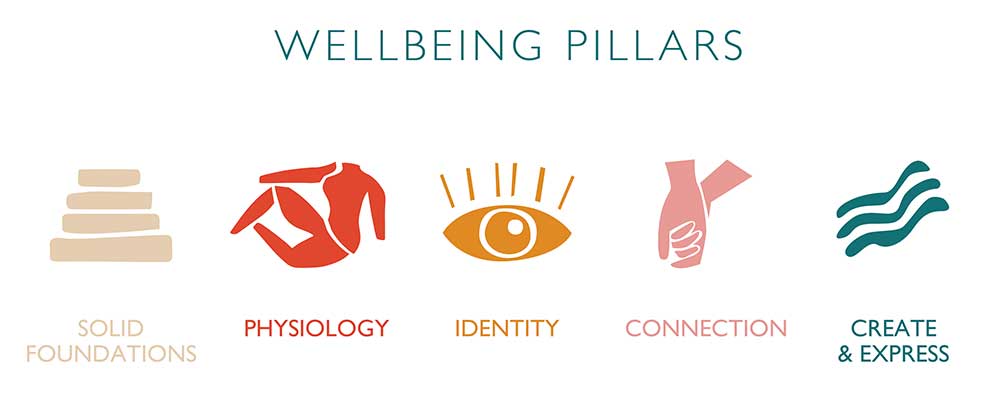
More time in the morning has given me space to carve out rituals and routines. I’ve been waking up with the sun and sitting in a little sunspot to start the day and do some pranayama (breathwork) before meditation and journaling. I’ve noticed such a stark difference to my mood and concentration levels on the days I’ve missed this during lockdown, compared to pre-Corona, when the many other distractions may have clouded my noticing. It really helps me stay centred amongst all the uncertainty. I’m also taking time to really enjoy my meals, using them as moments to disconnect from my screen throughout the day. To signal the end of the working day, my housemate and I have been watching the sunset from the back of our flat. I’m feeling much more connected with the cycles of the day, and although she’s a show-off, I’m loving Mother Nature’s sky shows.
What’s one piece of advice would you give to readers to support their wellbeing during lockdown?
Even at times like this, there are things that we can do to build our resilience and support each other. Reminding ourselves that we’re all in this situation together can be empowering in itself. Culturally moving towards prioritising our health and wellbeing and taking consideration for the tools and strategies that work for us, and in turn have a positive impact on those around us, will make it more manageable to weather the storm, and find our footing again.
What will be the biggest concerns (aside from hygiene) from employers and employees on returning to an office environment?
As all businesses have had to adapt for the last three months, office-based businesses specifically are seeing how possible it is for teams to perform remotely. Given the cost saving opportunities, coupled with increased engagement from teams having more flexibility, they’re now seriously weighing up the pros and cons of moving back to an office set up at all. For those that do there’s likely to be some initial resistance to getting back to the new normal for some, whilst for others it may offer relief.
Some key challenges businesses will need to address: how to review longer term goals given the volatile market conditions; how to (re)engage the workforce and re unite them (particularly those who were furloughed, or over-extended to manage the gaps); how to acknowledge divides and disconnection and invite connection through investing in one another’s understanding; how to help people understand, come to terms with and heal themselves following trauma they’ve experienced; how to reignite people’s performance; how to define the roles and responsibility of the business, and individuals in new working conditions; how to engage with team development and activity safely and responsibly.
What are your hopes for the future of workplace wellbeing?
Through this forced time to pause and reset, I hope there is a realisation that we all need to do our bit to support each other more – and workplace wellbeing is key for this. By revisiting business plans for the remainder of the year, I hope businesses will become more acutely aware of the impact staff wellbeing has on their overall performance and put it at the heart of their business strategy.
Louise is a yoga teacher and an experienced brand manager and creative producer. She has more than 10 years experience working both in-house for lululemon and Red Bull as well as agency side for Apple, to name a few. She is a certified vinyasa yoga teacher, teaching public and private classes (currently online) and also collaborates and consults wellbeing and lifestyle brands. Louise also writes a weekly email called ‘Purpose Break’ where she offers ideas for how to spend a break that’s more than just a caffeine hit. To keep up with what Louise is up to, follow her on Instagram or check our her website



